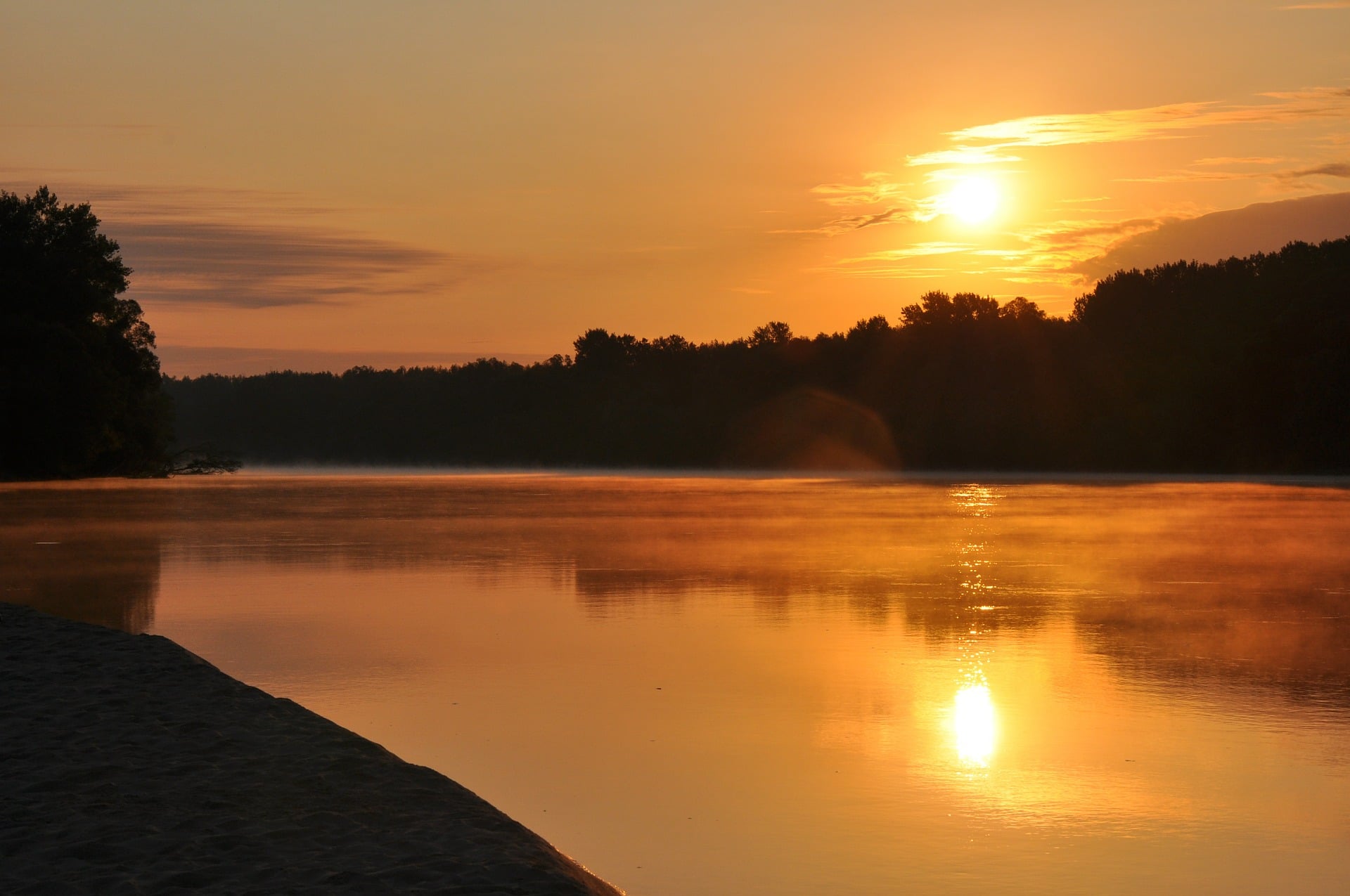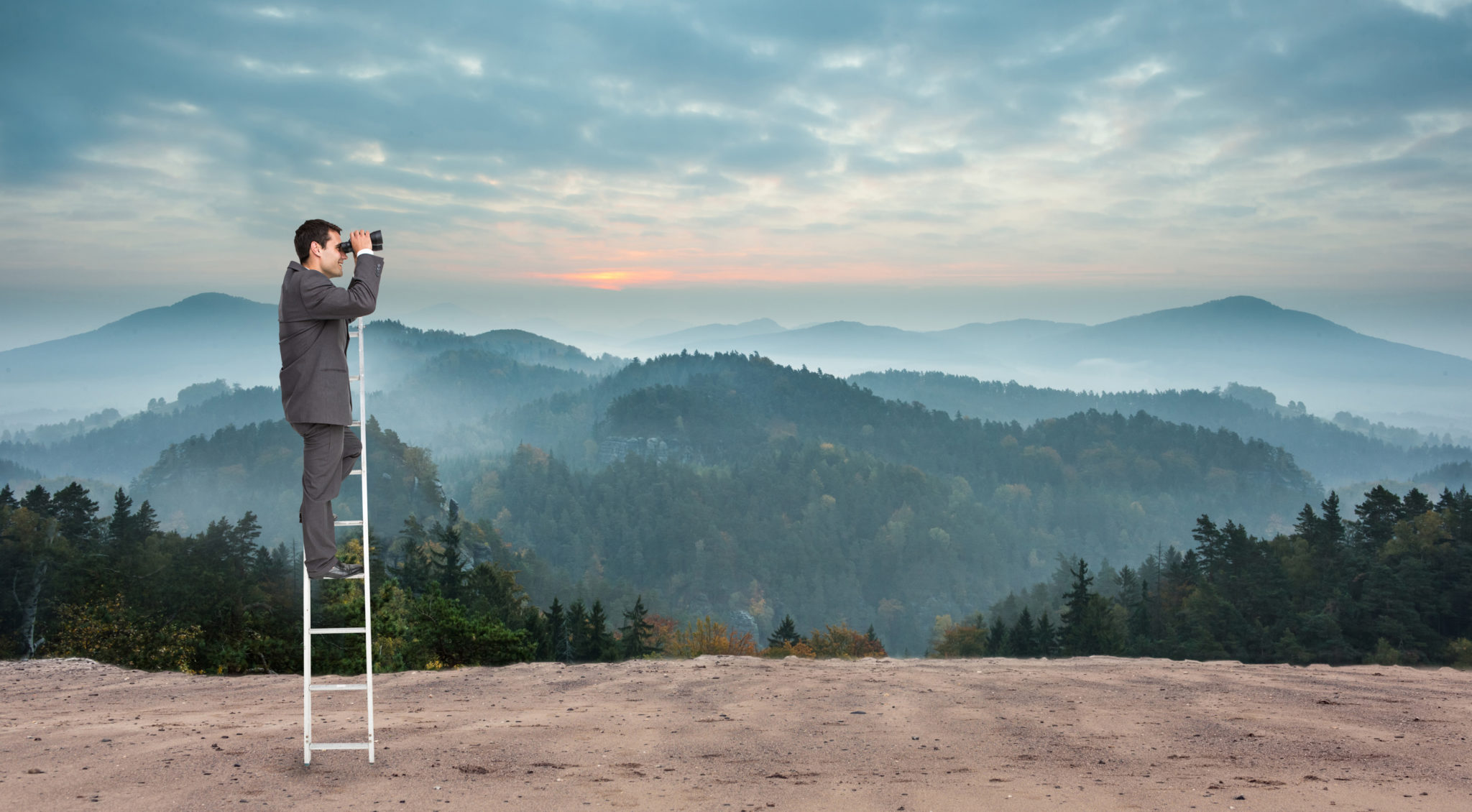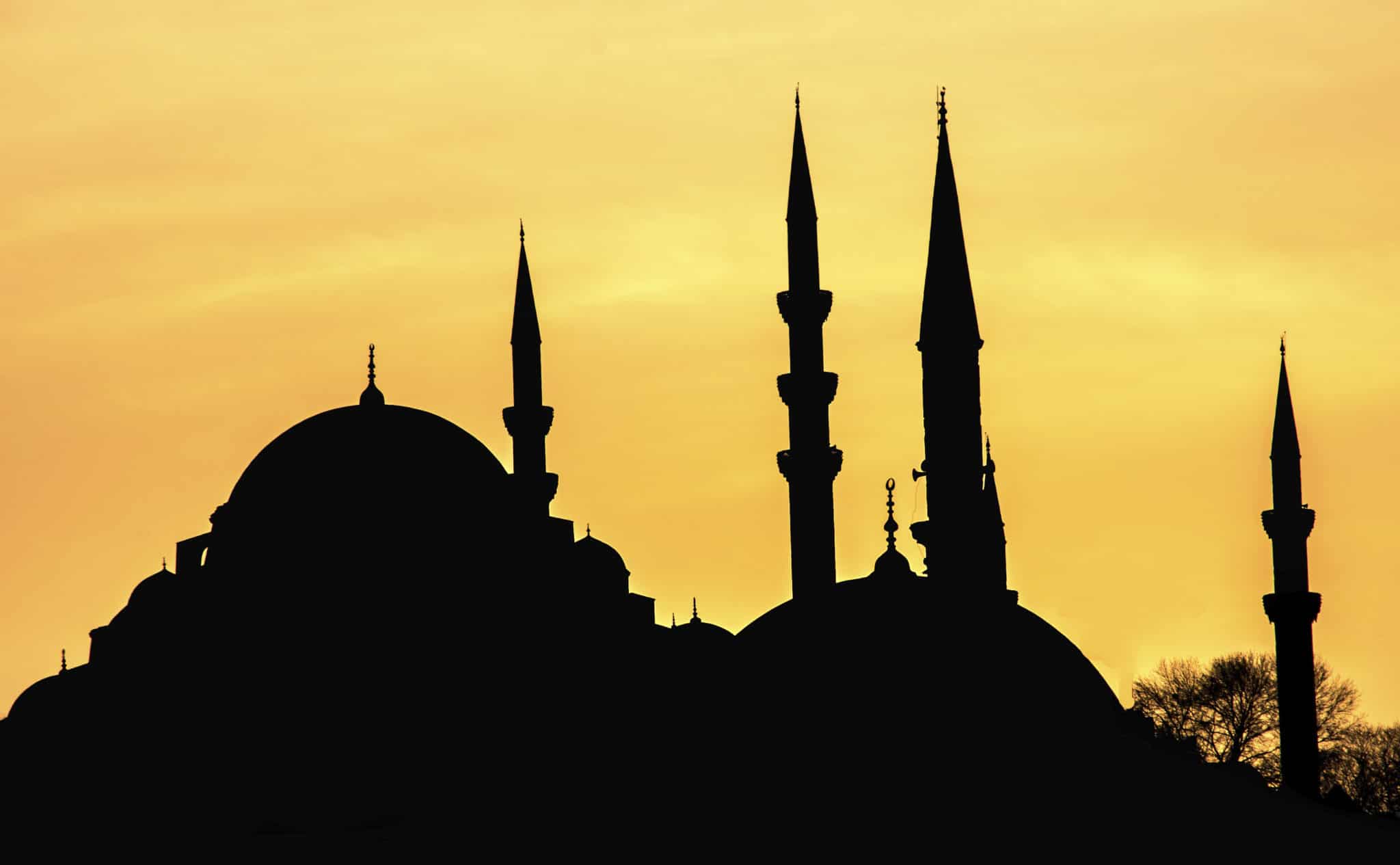What’s Next After Iraq?
How far does Babylon extend?
Talmud Kidushin 71b
Where is the Garden of Eden? It is on Earth.
Sefer HaBahir chapter 31
Passover has come and gone. The Egyptian exile and freedom is a precursor to all oppressions and liberations. As foretold, the war that began in Iraq on Shushan Purim (March 19) ended in the days of Nissan (April 9 is when Baghdad was officially taken displacing the power of Saddam Hussein), just as all major victories in history took place in this month of redemption (see last article, In Search of Eden, long version, a list of events that happened this month).
The question is what happens now? Is the world safer? Are our lives better? What will it take to make this world a secure place? Do we have to attack Syria, Saudi Arabia, Libya… and then what happens next? And what about all the greed and corruption in America – does this country have the right to preach to others and dictate terms when it as guilty as anyone?
This big question facing us today is perhaps captured in the immortal words of the Talmud:
“How far does Babylon extend?” (Kidushin 71b)
How far do the events in modern day Babylon extend – what will be the long-term effects of our war in Babylon, and what will happen next? How long and far will Babylon impact on us?
Yes, the prophets tell us about the downfall of Babylon. But even more intriguing is: what happens next? What world is rebuilt after the fall of Babylon?
Now that Saddam Hussein has been removed from power, is Iraq free, as promised in “Operation Iraqi Freedom”? Will it become free? And what does freedom actually mean – freedom by whose definition?
Will Iraq’s majority of 60% Shiite Muslims rule, will it be controlled by another faction or will civil war break out. At least three quarters of Iraqis are members of one of the country’s 150 tribes – what exactly will constitute freedom in this country of so many driving forces?
This is one of the arguments posed by the anti-war proponents. Better a stable tyranny, the known evil, than an unstable upheaval caused by uprooting the existing regime.
Though I don’t profess to be pro-war, I cannot agree with the anti-war movement. First of all, many of them are just plain naïve and simplistic, believing the cliché that we don’t fight violence (we do – ask any anti-war protester what they would do if a thug broke into their home), or that President Bush is evil (equated with Hitler) and is doing this solely for money. Even more important is the fact that this war does have many justifications, including pre-emptive self-defense and this being part of the sustained war against global terrorism declared by President Bush following September 11.
On the other hand, the pro-war argument can be equally naïve. Is this really about good vs. evil. Is this just about eliminating Saddam Hussein’s reign of terror and torture and ‘freeing’ the Iraqi people? The fact is that the United States has supported and even cultivated certain tyrants when it served its interests. And then who decides the criteria of oppression? Are all the CIA methods acceptable? Do the ends justify the means?
I don’t want anyone getting the impression that I am comparing American methods with Saddam’s. Or that I am anti-war. The point here is that the issues are more complex than say, the battle between the Yankees and the Red Sox. This is not a black and white anti-war or pro-war argument. The stakes are much higher.
Allow me to submit a third option. Pro-war – but not because of the good vs. bad argument. What we are truly facing is a battle that has been raging in one form or another for thousands of years. This battle can be understood only in a historical and Biblical context. There is no short-term solution to the war. Even after removing Saddam Hussein and Osama Bin Laden, the region is a boiling pot of stewing forces within a population of over 1 billion (and growing) Muslims, many driven by fierce ideology, which is not going away. His has become a breeding ground for radical and violent martyrdom. The battle is about the tension created by the clash between the secular and the sacred, between the material and the spiritual, between the universe and G-d.
Though I am not pro-war, this war is an inevitable – even tragic – necessity to get out of our complacent reverie and begin confronting the real issues facing our lives and the world today. September 11 was the first wake up call; this is the second. Let’s hope that we don’t need any more pain and loss to realize the deeper meaning of today’s events and what we need to do in response?
So, what is the deeper meaning of current Babylonian events and, indeed, how far does Babylon extend? To answer this question we need to go back to the early beginnings of Babylon – we need to travel back to the rivers of Babylon and the search for Eden (see previous articles).
We know that Adam settled east of Eden after being banished from the Garden, as did his son Cain (Genesis 3:24; 4:16 and in Rashi). Adam clearly aspired to return there (why else the need for guards with a whirling flaming sword to be stationed at the entrance f Eden?). But what happened west of Eden?
Well, this year my personal Passover experience gave me a first hand taste of the intriguing machinations going on west of Eden. A little clue first: We – they – everyone – is searching for Eden. It just goes by another name in the West.
So, here’s a selection from my diary.
PARADISE VALLEY RESORT, SCOTTSDALE, ARIZONA, PASSOVER 2003-5763
Passover in Scottsdale, Arizona (upscale suburb of Phoenix). New phenomenon. Jews in resorts recreating the exile and exodus from Egypt oppression… Just a mere 3315 years ago the Jewish people barely escaped Egyptian tyranny, running for their lives with no time to even wait for baked bread. And here we are celebrating Passover – revisiting loss, bondage, pain, suffering and freedom – sipping margaritas (kosher for Passover of course) at a poolside in Sunny Arizona, the Grand Canyon State. Ironic, isn’t it?
Yes, 400 people here are searching for Eden. Indeed, our Passover is taking place at none other than PARADISE Valley Resort. And we are not searching alone. I hear that another eight Seders are being held in various resorts around this area. 500 people at the Princess, 900 at the Biltmore. I didn’t check on the names or the numbers of the others, but clearly thousands have come West in search of Eden – pleasure (the meaning of Eden in Hebrew).
Not to mention at least 70 other Passover events taking place all over the world. From Italy to Hawaii, from Hungary to Puerto Rico. Of course let’s not forget the thousands spending Passover in Florida.
So that’s what happening in the west of Eden – everyone is in search of Eden. With only one small caveat: We have replaced the sublime Eden above with new forms of Eden prosperity below.
Here in Scottsdale I serve as “scholar in residence,” whatever that means. It seems that I am more ‘in residence’ here than ‘scholar.’ My role is to deliver several lectures throughout the holiday. I’m one of the ‘performers’ or ‘entertainers’ if you wish. The trade off is a paid vacation for my family.
30-40 people attend my first lectures. Frankly, most are not very interested in listening to me drone on about life and its meaning. And hey, if they’re not into it, I might as well lay back and relax. So off I go to the pool (on Chol HaMoed in case you’re wondering), play some exhilarating squash with my son, open my pores in the shvitz, wallow in the warm whirlpool (a mikveh take off…), play some more squash – exercising a weary body that hasn’t moved in 15 years, leaving me aching all over – finally, a taste of mitzrayim…
And if that doesn’t work for a mitzrayim recreation we could always try some gourmet bitter herbs (maror) with just enough bite to feel pinched…
I deliver my lectures on… guess what, the search for Paradise. With my fresh tan I wax eloquently about Babylon of old and Babylon today, about Nissan and redemption. The attendees are inspired. Not about my tan that is, but about my talk. But between you and me, I don’t feel that I am really reaching them – and myself. I’m going through the motions. I definitely am not reaching the larger crowd, who aren’t even attending the lectures. It’s not that I need them to attend; rather, it’s more like a challenge – an opportunity to confront the apathy, the self-contained, self-satisfied lives many of us, including myself, so often fall back into.
So I begin investing again, observing, studying the people around me.
An epiphany occurs in the pool on Tuesday. A group of us are playing water volleyball, and, how shall I say this without sounding pompous, some of the players are impressed with my athletic prowess (don’t snicker). Our team trounces the other with class and distinction. They exclaim: “Hey Rabbi, you play a wicked volley ball. We must come hear you speak…” – I kid you not.
You see, the search for Eden goes on – with no one noticing it and nary a person letting on the slightest notion of acknowledgment. Yes, the search for Eden continues – this time in the shape of a wet volleyball in the blue pool of Paradise Valley Resort…
We go hot air ballooning over the Sonora desert, and then for a jeep tour in the desert terrain. Great tour guide. Half Apache, half scientist, he educates us on the miraculous resourcefulness of the desert. There’s Eden even in the parched, arid desert – the cacti retain water in the most fascinating way, their thorns are actually efficient leaves, medicinal benefits abound in each plant. With the sharp, natural needle the native Indians mastered the art of seutering, sewing, creating fish hooks and many other uses. We do some gold panning; shoot 22 calibers at empty beer cans.
Yes, people are searching for Eden all right. In all ways but one.
Back to the resort. Last days of Passover – I finally figured it out. The point is not to captivate the crowd; it is to allow the crowd to captivate me. Not to capture their attention, but to capture their ‘personality.’ I shouldn’t be trying to get them to listen to me; I should be listening to them.
And listen I do. And I share with them my observations. In my lecture on the eve of the 7th day of Passover – when I hold them all ‘hostage’ listening to me in the inevitable space between Mincha and Maariv (the late afternoon prayer, which is followed by the evening service) – well, I should say, not all, some march out into the hall – I tell them that tonight I actually prepared 4 different speeches. Reason: Over the past week I observed that our entire Passover group actually divide into 4 groups. (You’ll find that most people divide into one these four groups).
Group 1: Those that came just to enjoy an effortless, carefree Pesach. Not far from Scottsdale there is actually a town called Carefree, Arizona. What a name! They should have called it Comfort Zone, Arizona, but I guess that would be too revealing and not too… comfortable. This group paid for a carefree Passover – no concerns, no pressure, no drive, nothing that can get in the way. They want Eden, a purposeless, effortless, meaningless Eden, but Eden nonetheless. Isn’t that what Paradise is all about – no demands?
Of course, that’s only if we forget that Adam and Eve were placed in the original Garden of Eden to ‘serve and protect.’ When they couldn’t live up to that they were banished from the Garden.
Group 2: Those forced to come to this resort. Their families blackmailed them: “I am going for Passover. You either come or not.” What can they nebach do? So they’re here not by their own choice, trying at least to enjoy their grandchildren.
Group 3: Searchers for spiritual inspiration.
Group 4: Staff – paid to be here.
Ok, so here’s the dilemma, I tell the crowd: There is no common denominator between these four groups. Only that we all eat meals, sleep in plush beds and want to enjoy ourselves. What can I do as a speaker to bring you all together? My only solution is to present four different speeches, one for each group.
For group 1 I have a 30 second talk, actually a sound bite, not to overstay my welcome. You see this group did not come to hear me, so I tell them briefly: “Happy Pesach. Passover is all about getting out of your comfort zones and all forms of ‘mitzrayim.’ Gut Yom Tov and enjoy your meal.
“That’s it folks. I have nothing more to say. You can feel free to go.”
Needless to say no one leaves the Shul. I mean who is going to acknowledge that they belong to group 1?
For group 2 my speech is no speech at all (which mind you takes preparation as well for a speaker as myself). I offer this group silence, not because I want to, but simply because in all likelihood they are presently not even in the room. They’ve been forced to come to this place, so they’re not going to do anything more than the absolute necessity.
With group 3 – the smallest of the 4 groups – I can speak forever. That’s why they’re here – to gain inspiration.
And group 4 is almost as interested as group 1. Regardless, at this point I don’t need another speech. Everyone gets my drift.
Interesting to note, I continue in my talk, that on the eve of the 7th of Passover the Jewish people also broke into four groups. Stuck between the Red sea ahead of them and the pursuing Egyptians behind them, one group argued for return to Egypt. Another group wanted to commit suicide and jump into the sea. A third group suggested waging war with the Egyptians. The fourth group wanted to pray. RSFP: Resignation, Suicide, Fight, Pray. I also point out that there are four children mentioned in the haggada – four children about whom the entire Torah speaks.
I don’t want to offend anyone by venturing to define which of our four groups corresponds to one of the four groups at the sea (after my talk everyone was coming over to me sharing the group they felt they most identified with), but whatever group you belong to, remember that all were wrong. G-d tells Moses: “Vi’yisou.” Move forward. The only option – for all the four groups – is to move away from our patterns. We must forge ahead, with resolve, toward Sinai. Toward Eden – the true Eden.
My talk is well received, by all. Finally.
TUESDAY, APRIL 29, SAA FLIGHT 2071 FROM ATLANTA TO CAPETOWN AND JOHANNESBURG
Barely back from Passover in Scottsdale and off I go to Johannesburg, South Africa, on the other end of the planet. Here too the search for Eden goes on.
Thursday, May 1 is what they call in Jo’burg a “holiday.” Oh yes, everyone is talking about holiday. And the food – oh, the food, South Africans love food. Everyone loves food, but there is something special in the savour around these parts.
I have become obsessed. I see the search for Eden everywhere I turn. My mind wanders back to Babylon, the land between the rivers that flowed out of the Garden of Eden. What can today’s battles in Babylon be teaching us?
Man has always been searching and always will search for Eden. What has happened over the years is that we have replaced our desire for Eden within for our desire for Eden without. We have replaced our interest in the inner workings of the universe for our interest in its outer workings. How sad?
Yet we are told that we are now standing on the threshold of a new age, a new awareness is about to emerge in which our primary interest will be in the inner workings of existence and we will see the outer as tools, vehicles, means to access the inner.
Everyone’s in search of Eden, both those east of Eden and those west of Eden. I guess, that in the East one can perhaps catch glimpses or have some sense of the real Eden. West of Eden is another story. In the West we have created a monolith, our own version of Paradise. It’s Eden, but entirely of another sort.
Now back to Iraq. It seems that the war in Iraq has been won. But has it been won? A tyrant has been vanquished, true. Yet a nation of millions remains fragmented into struggling factions. How far does Babylon extend? What does the future of Babylon hold and how will it affect the world?
Naïve people – including many Americans, fed a steady diet of TV images, comic book heroes and villains, sports icons – see life, even global events and history itself, in black and white terms. To ensure a sense of false security, simplicity serves well to see these battles as Cowboys and Indians. Saddam is evil, the coalition is good. The good guys have beaten the bad guys.
Unfortunately life is not so simple. As this column has been contending for 2 years now, the Middle Eastern conflict is not just a clash of civilizations. It reflects battles – global, personal, religious – of cosmic and Biblical proportions that trace back thousands of years to Abraham’s home and children. And the future of existence itself hangs in the balance.
You don’t need faith to appreciate the Biblical dimensions involved. Just Iraq itself – let alone the entire Arab/Muslim world – is divided between the Sunnis and the Shi’ites, in a battle that goes back to the birth of Islam 13 centuries ago. And the over 1 billion Muslims are not going away.
Simple minds prefer to see it as a one-time event – the heroes have won. That makes it just so much more convenient. It takes a visionary to really look ahead and see the birthing. And to look ahead effectively requires looking back. Bigger pictures are multi dimensional. Like a film you need to see the beginning to appreciate and understand its end. And vice versa.
Today we have the luxury of hindsight to help us see the bigger picture. Today’s confrontations and the ones to come are the culmination of millennia of ballets dating back to Abraham and his children, and even earlier, to Adam in Paradise.
In the original Eden there was a seamless flow between matter and spirit, substance and form, your work and your mission. Eating from the Tree of Knowledge created a dichotomy. Thus, as an effect, work became an activity at the ‘sweat of mans’ brow.’ Work became an alienating force, separating man from his soul’s mission. Man could no longer remain in the Garden of Eden, and was thus banished.
Ever since, man has been searching for Eden.
We then began replacing the search for the true Eden with many false ones. We have attempted and experimented with many forms of pleasure and desire (Eden), all in our desperate search to return to Eden. Yet we will know peace only when we connect to the true Eden and integrate it with our material lives.
So our questions today are: “how far does Babylon extend?” How far does the confusion of Babylon affect our lives, and can we discover a deeper clarity emerging from our Babylonian challenges? After all, the grand Babylonian Talmud – the magnum opus of Torah law, and the basis of civilized institutions today – was composed on the rivers of Babylon. Though a Talmud was also composed in the Jerusalem academy (Talmud Yerushalmi), the final authority is Talmud Bavli – the deepest, crystallized clarity derived from the arguments and debates, the confusion of the Babylonian method.
Also interesting to note is the statement in the Talmud that genealogical clarity is guaranteed in Babylon of all places:
“Ezra did not ascend [from Babylon to Israel] until he left Babylon like pure flour.” (Kidushin 69a and on)
“The silence of Babylon is its yichus.” (Ibid)
Babylon today challenges us to see beyond the immediate smoke screens, and recognize the true nature of the battle. Only then will we be able to truly win.
The challenge, my friends, is not necessarily to destroy this myth, but to intrigue it, to engage life as we know it with all its distortions and myths, to tickle and pique its interest, and then to transform it.
Sometimes it takes a game of water volleyball.







